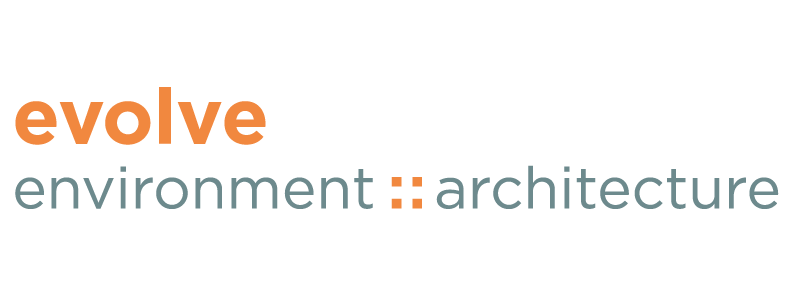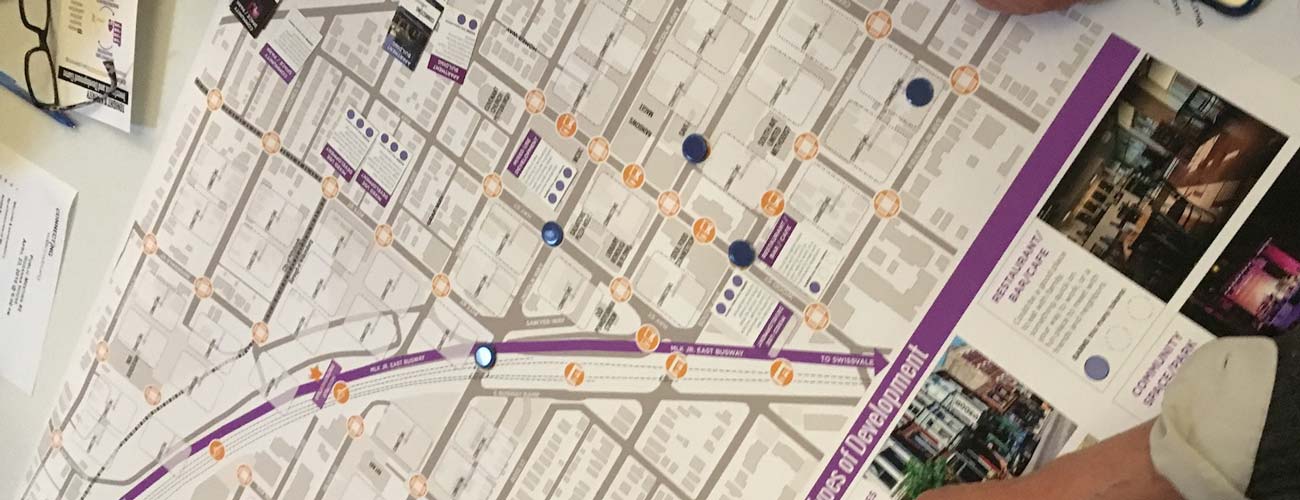Leading With Equity for Transit Connected Ecodistricts
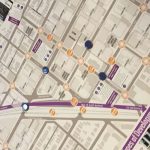
title image: A Transit Reinvestment Improvement District simulation game created by evolveEA for the Connecting Wilkinsburg study
Last month, Pittsburgh hosted the annual Rail~Volution conference right after members of the evolveEA team returned from the EcoDistricts Summit in Minneapolis. Enthused to be involved in both national events, we helped organize tours and an EcoDistricts professional training here as part of Rail~Volution. All month we were thinking about the synergies between mobility and other quality of life issues like food access, water, energy, and air quality, how these issues effect urban life, and how design can promote social equity in cities. We highlighted the connection between food and transit with a #FOODTOD social media campaign during Rail~Volution, promoting local food businesses throughout Pittsburgh to conference attendees. But the EcoDistrict Imperative that connects these issues and guides our work is Equity.
Creating equitable urban systems that engage people, process, and place, are essentially what the EcoDistricts movement is all about. Whether starting from a focus on transit and mobility, or the quality of our air or water, we are striving to improve these systems for everyone in our cities, which means prioritizing the needs of under-served and marginalized communities. EcoDistricts promote equity alongside climate protection and resilience neighborhood by neighborhood, empowering communities to lead the process.
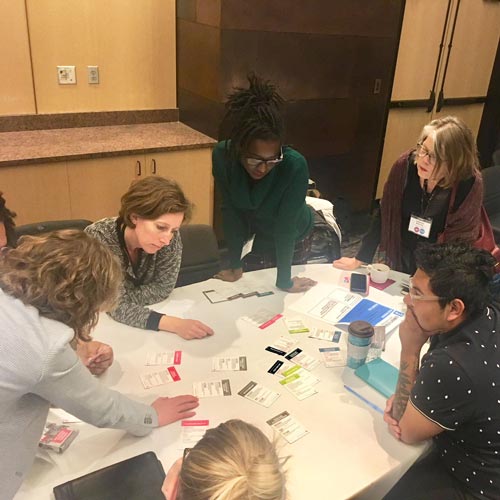 In a workshop we led at the Summit, we shared how games can be an effective tool for sharing knowledge and activating community members. Christine kicked off the workshop by contextualizing community engagement within a framing of power dynamics. This helped make the point that building knowledge in communities at the grassroots level allows greater access to power by elevating community members as experts who can speak to both the local culture as well as technical issues impacting development and quality of life in their neighborhoods.
In a workshop we led at the Summit, we shared how games can be an effective tool for sharing knowledge and activating community members. Christine kicked off the workshop by contextualizing community engagement within a framing of power dynamics. This helped make the point that building knowledge in communities at the grassroots level allows greater access to power by elevating community members as experts who can speak to both the local culture as well as technical issues impacting development and quality of life in their neighborhoods.
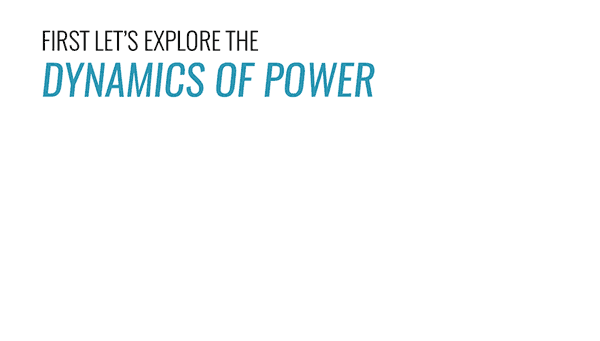
presentation excerpt on the dynamics of power and community engagement
After the Summit, Anna Rosenblum said:
“By leading with equity, learning from our peers, and continuing to have open and honest conversations, I’m hopeful that we can create cities where all people feel welcome and can rise to their greatest potential.”
Connecting this to our engagement methodology for mobility and transit projects, the workshop featured a transit planning simulation (shown at the top of the page) that we created for a local project: Connecting Wilkinsburg. The board-game style activity has helped community members in Wilkinsburg understand the TRID (Transit Reinvestment Improvement District) funding mechanism and evaluate its feasibility for the area surrounding Wilkinsburg’s stations along the East Busway. In setting goals for equitable development that stretch beyond the inherent convenience of well-designed transit infrastructure, communities like Wilkinsburg can leverage transit assets like the Busway into economic benefit and improved quality of life.
A Rail~Volution panelist articulated the EcoDistrict Imperatives approach to mobility problems nicely:
“…keep thinking about Transportation problems as Equity problems“
— Tom Maguire, Director of Sustainable Streets, SFMTA
"My advice to Pittsburgh is to keep thinking about Transportation problems as Equity problems." - Tom Maguire, Director of Sustainable Streets @sfmta_muni #RVPGH
— Elijah Hughes (@elijah_hughes) October 24, 2018

